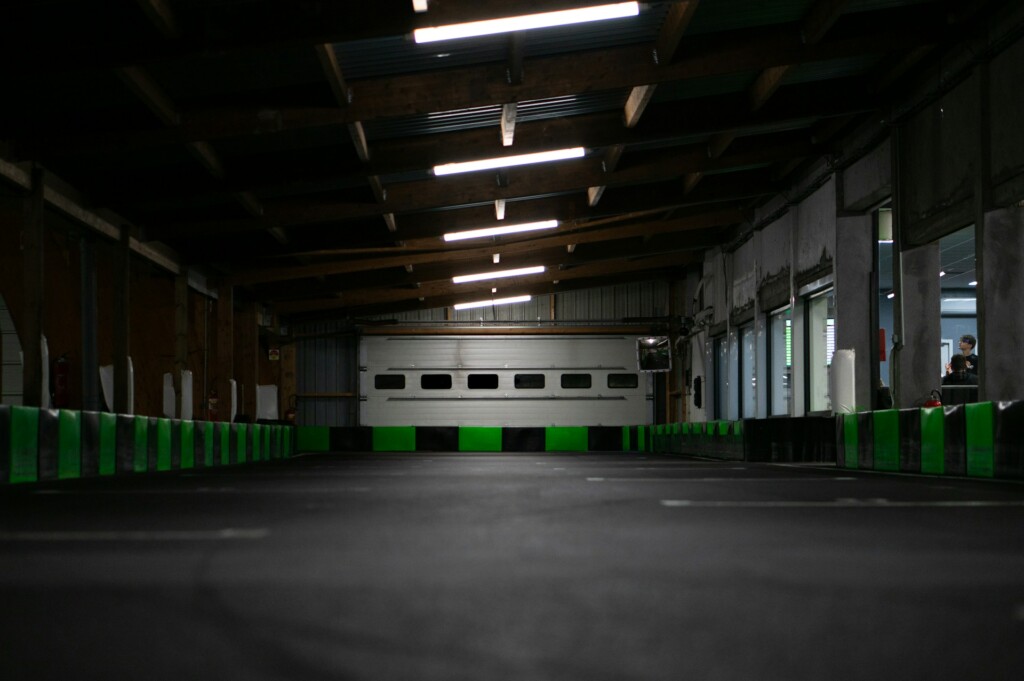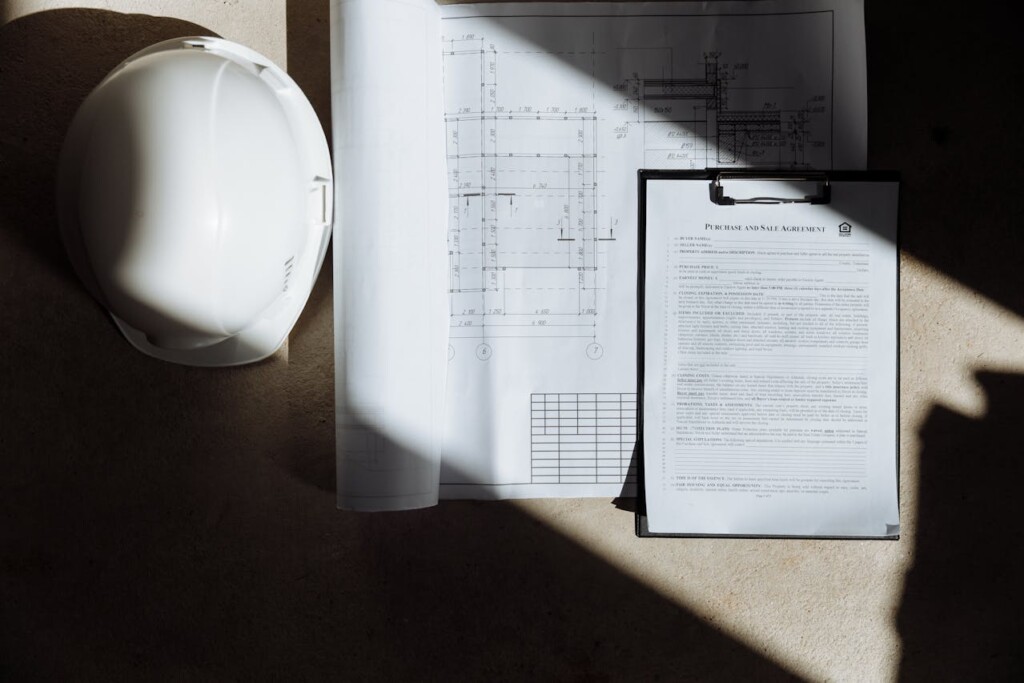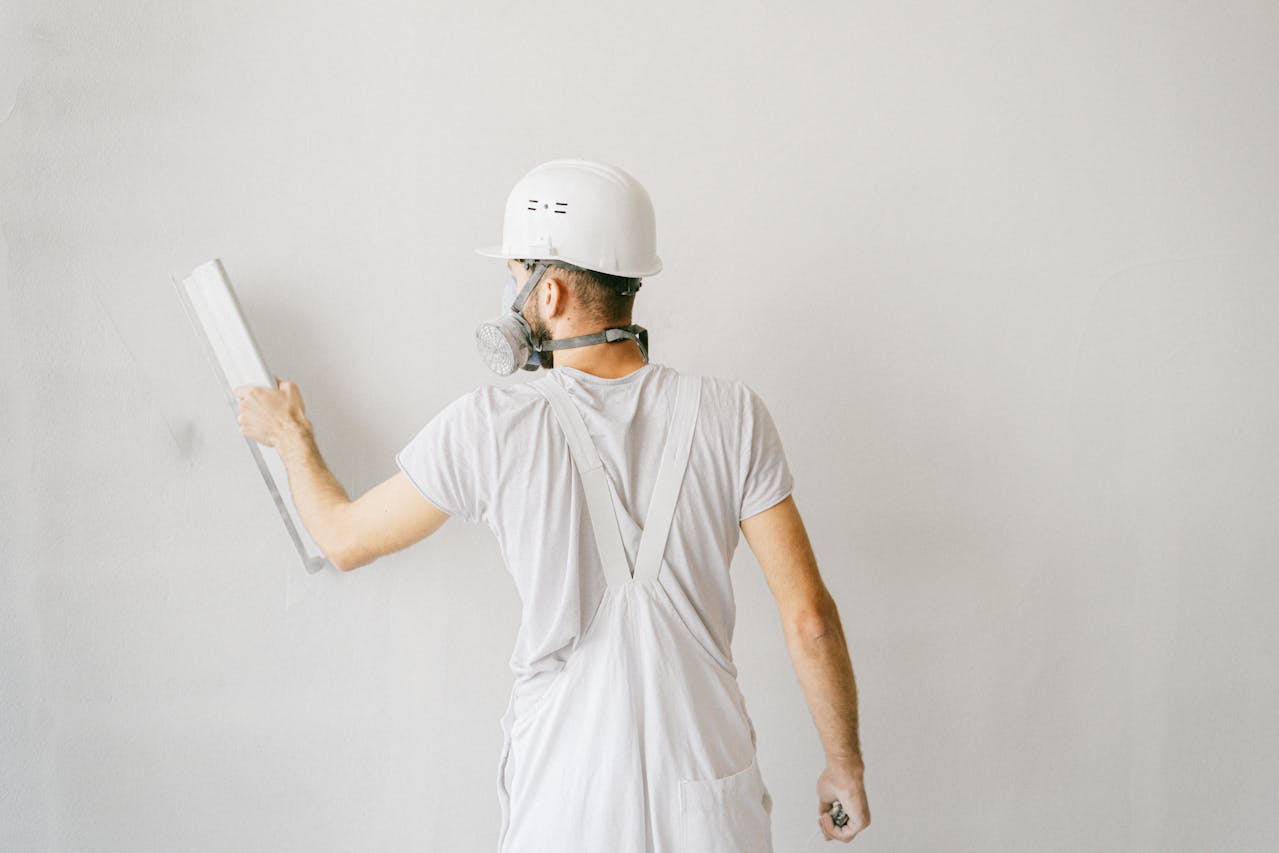Flex space buildout contractors Fort Worth specialize in transforming commercial properties that can adapt to changing business requirements. These versatile environments serve companies that need workspace flexibility, whether that means shifting from warehouse storage to office suites or combining retail operations with industrial facilities.
We handle tenant improvements and interior build-outs that maximize operational efficiency. Our construction approach focuses on creating adaptable structures where loading docks, roll-up doors, and high ceilings support both current workflows and future reconfiguration needs.
Which Buildout Features Matter Most For Fort Worth Flex Warehouses And Offices?

Successful flex space buildouts depend on structural elements that handle industrial operations while maintaining office and retail functionality. We focus on high-capacity flooring that withstands forklift traffic and heavy equipment loads. These floors typically require reinforced concrete with specific PSI ratings to prevent cracking and surface damage from daily operations.
Loading dock systems form the backbone of warehouse logistics. Hydraulic dock levelers provide safer, more reliable operation than manual alternatives. Dock shelters prevent energy loss and protect against weather, insects, and debris during loading operations.
Industrial Layout Essentials
High ceilings maximize storage capacity and equipment clearance. Clear spans eliminate interior columns that restrict forklift movement and storage configurations. We design reinforced structures that meet industrial load requirements while incorporating safety features like proper egress paths and emergency lighting systems.
Roll-up doors offer flexible access points for equipment and inventory movement. These doors integrate with loading dock systems to create efficient material handling workflows.
Office And Retail Configurations
Office build-outs within flex spaces create dedicated work environments. Open-concept areas accommodate collaborative workflows while private offices provide focused work zones. We install demountable partitions that allow future reconfiguration as business needs change.
Retail build-outs prioritize customer flow and product display. Layouts guide visitors through merchandise areas while maintaining clear sight lines for security and staff oversight. Entry configurations and checkout zones influence customer experience and operational efficiency.
Critical MEP Systems
HVAC systems must handle varying loads between warehouse and office zones. Industrial areas require different ventilation rates than office spaces, particularly when storing chemicals or operating equipment that generates heat or fumes.
Plumbing and fire protection systems meet code requirements for mixed-use occupancies. Fire sprinkler coverage adapts to ceiling heights and storage configurations, with additional protection for high-value inventory areas.
Lighting design balances energy efficiency with operational needs. LED systems reduce operating costs while providing adequate illumination for safety and productivity. Emergency lighting ensures code compliance and worker safety during power outages.
Low-voltage systems support modern business operations. Network infrastructure, security systems, and access controls require proper cable management and equipment placement throughout the facility.
Adaptable Building Solutions
Clearspan structures eliminate interior support columns, creating maximum flexibility for equipment placement and workflow design. These buildings accommodate changing operational requirements without structural modifications.
Pre-engineered metal buildings offer cost-effective construction with shorter delivery timelines. These structures support wide spans while meeting local wind and seismic requirements. Insulation packages maintain energy efficiency across climate-controlled zones.
How Does EB3 Construction Deliver Tenant Improvements And Interior Build-Outs?
We approach every tenant improvement project through collaborative planning that brings all stakeholders together from day one. Our process begins with detailed scope definition, where we work with property owners and tenants to understand operational requirements, budget parameters, and timeline expectations. Clear estimates emerge from this planning phase, breaking down costs for structural modifications, mechanical systems, electrical upgrades, and finish materials.
Preconstruction coordination involves reviewing existing building conditions and identifying potential challenges before construction begins. We conduct thorough site assessments to understand structural limitations, utility capacity, and code compliance requirements that could impact project execution.
Design-Build Integration For Streamlined Delivery
Design-build delivery consolidates architectural design, engineering coordination, and construction execution under our single contract. This integrated approach eliminates the traditional handoff delays between design teams and contractors. We coordinate directly with architects and engineers throughout design development, ensuring constructability while maintaining cost control.
Our design-build process accelerates project timelines by allowing construction activities to begin while design details are finalized. Foundation work and structural modifications can proceed while mechanical and electrical systems are detailed, creating schedule compression that benefits time-sensitive tenant improvement projects.
Engineering coordination covers structural analysis, HVAC load calculations, electrical distribution planning, and plumbing system design. We work with local zoning authorities during the design phase to ensure compliance with current regulations and secure necessary permits before construction mobilization.
Production Roadmap And Quality Control
Construction execution follows our defined production roadmap that sequences all trades according to critical path requirements. We coordinate demolition, rough construction, mechanical rough-in, electrical installation, and finish work to maintain efficient workflow. Each phase includes specific quality control checkpoints that verify work meets specifications before proceeding to subsequent activities.
Quality control on structural elements involves verification of framing dimensions, connection details, and load-bearing capacity. We inspect all structural modifications to ensure they meet engineering specifications and building code requirements. Material inspections confirm that lumber, steel, and concrete products meet specified grades and performance standards.
Framing and finish quality control includes checking wall plumbness, ceiling alignment, and surface preparation before applying final finishes. We verify that all rough openings accommodate specified doors, windows, and equipment installations. Paint preparation, flooring installation, and millwork details receive detailed inspection to ensure professional appearance and long-term durability.
Real-Time Project Management And Client Communication
Project management tools provide organized updates throughout construction phases. We use web-based platforms that give clients access to daily progress reports, photo documentation, and budget tracking. Real-time reporting includes material delivery schedules, labor allocation, and milestone completion status.
Construction documentation covers all change orders, field modifications, and as-built conditions that differ from original plans. We maintain detailed records of permit inspections, material certifications, and quality control measurements. This documentation supports warranty claims and provides essential information for future facility modifications.
Scheduling updates track actual progress against planned milestones, identifying potential delays before they impact project completion. We coordinate with building management to minimize disruption to adjacent tenants while maintaining construction productivity.
Support continues through project turnover with comprehensive commissioning of all building systems. We verify that HVAC systems operate according to design specifications, electrical circuits function properly, and all finish materials meet performance expectations. Our team provides operational training and warranty documentation to ensure systems and spaces perform as intended throughout their service life.
What Codes, Permits, And Local Considerations Apply In Fort Worth?

We coordinate Fort Worth permitting directly with local zoning authorities to ensure all construction documentation aligns with city and county regulations. Dallas-Fort Worth building codes require specific inspections at each construction phase, from initial permits through final certificate of occupancy. Our approach keeps projects compliant while avoiding delays that often arise when documentation doesn’t meet regional standards.
Tenant improvement timelines in Fort Worth typically range from three to eight weeks for most interior build-outs, depending on scope complexity and permit approval speed. Simple office configurations with minimal MEP changes often move through permitting faster than projects requiring structural modifications or new fire protection systems. Ground-up commercial construction extends these timelines significantly, often requiring several months to navigate zoning approvals and multiple inspection phases.
We maintain current knowledge of DFW service area requirements across Tarrant County and Dallas County jurisdictions. Each municipality within the Dallas-Fort Worth region maintains distinct documentation requirements for construction compliance, though most align with state codes for commercial construction. Regular coordination with local inspectors helps streamline approval processes and reduces project delays from regulatory misunderstandings.
Construction compliance extends beyond initial permits to include ongoing inspections during framing, electrical, plumbing, and final walk-through phases. We schedule these inspections strategically to maintain construction momentum while ensuring all work meets code requirements. Documentation throughout the process creates a clear compliance trail that supports long-term property operations and future modifications.
Final Words
Flex space buildout contractors in Fort Worth deliver adaptable environments that merge industrial-grade features with functional office and retail spaces. Success hinges on integrating structural essentials like high-capacity flooring and loading docks with specialized MEP systems and adaptable layouts. Our design-build approach ensures these complex tenant improvements are streamlined, aligning Fort Worth’s code requirements with your operational needs from day one. By managing preconstruction, quality control, and permitting, we transform empty shells into efficient, future-proof facilities.
Ready to optimize your Fort Worth property for maximum flexibility? Contact EB3 Construction to plan your next flex space buildout or tenant improvement.




